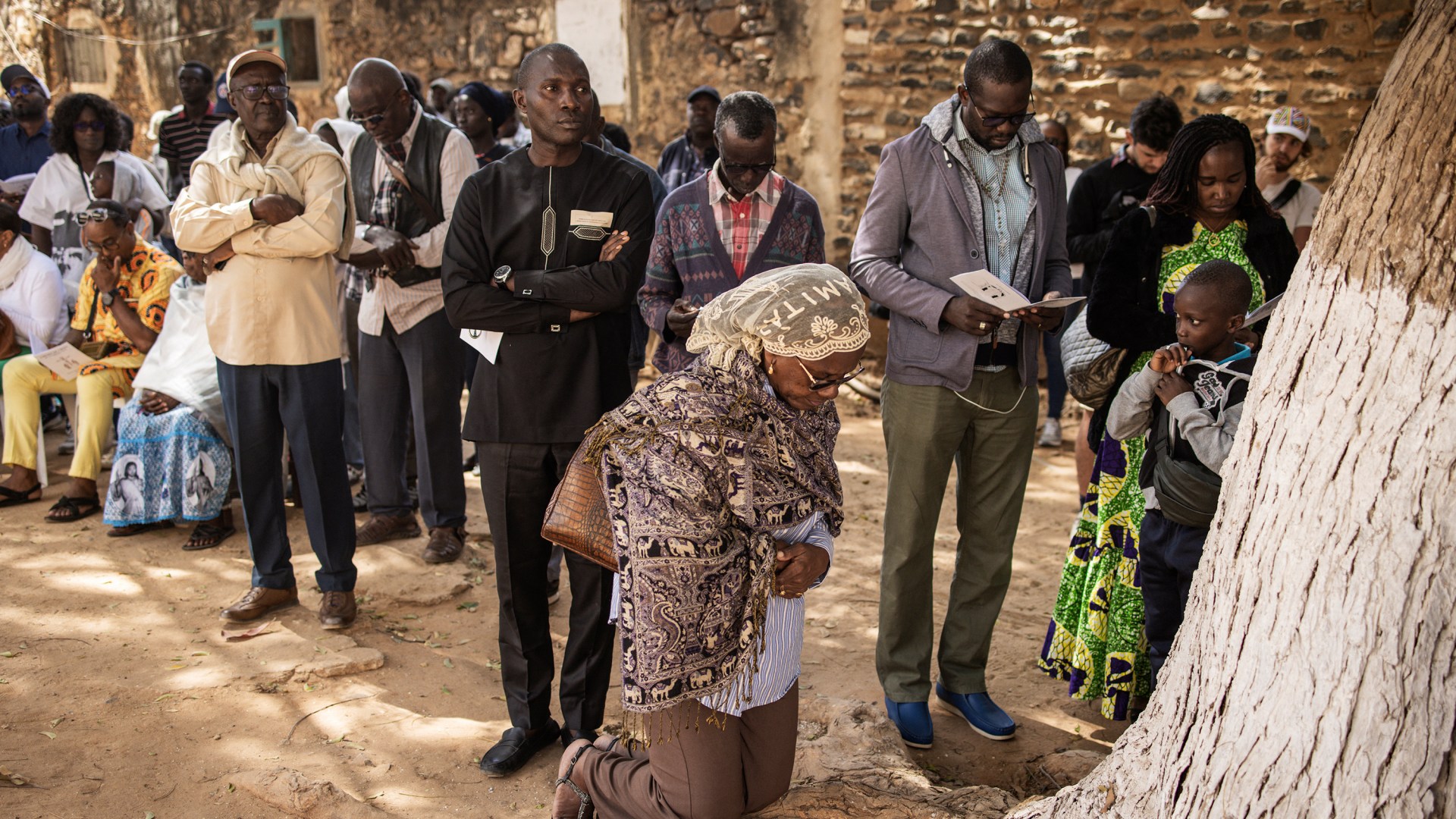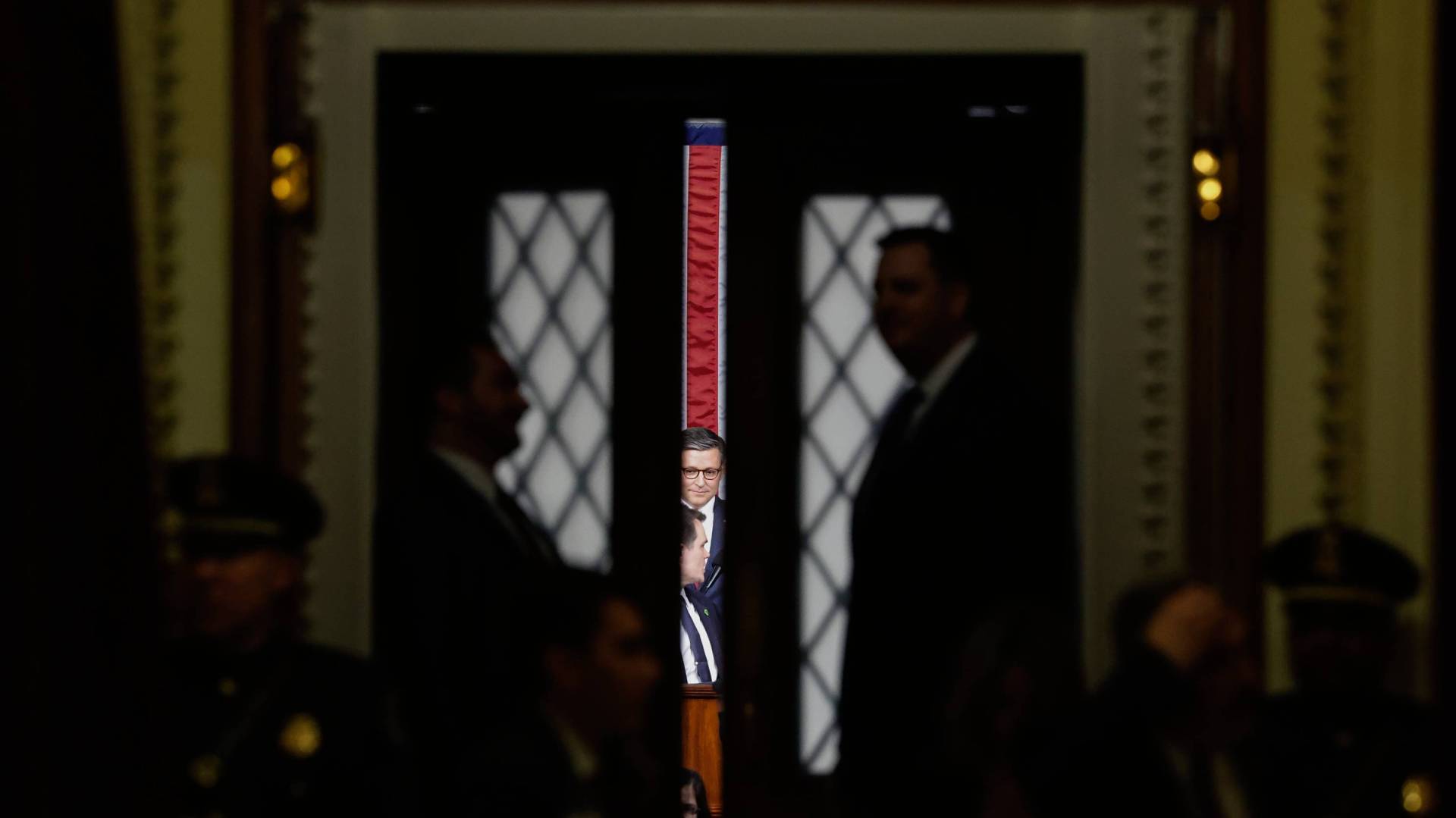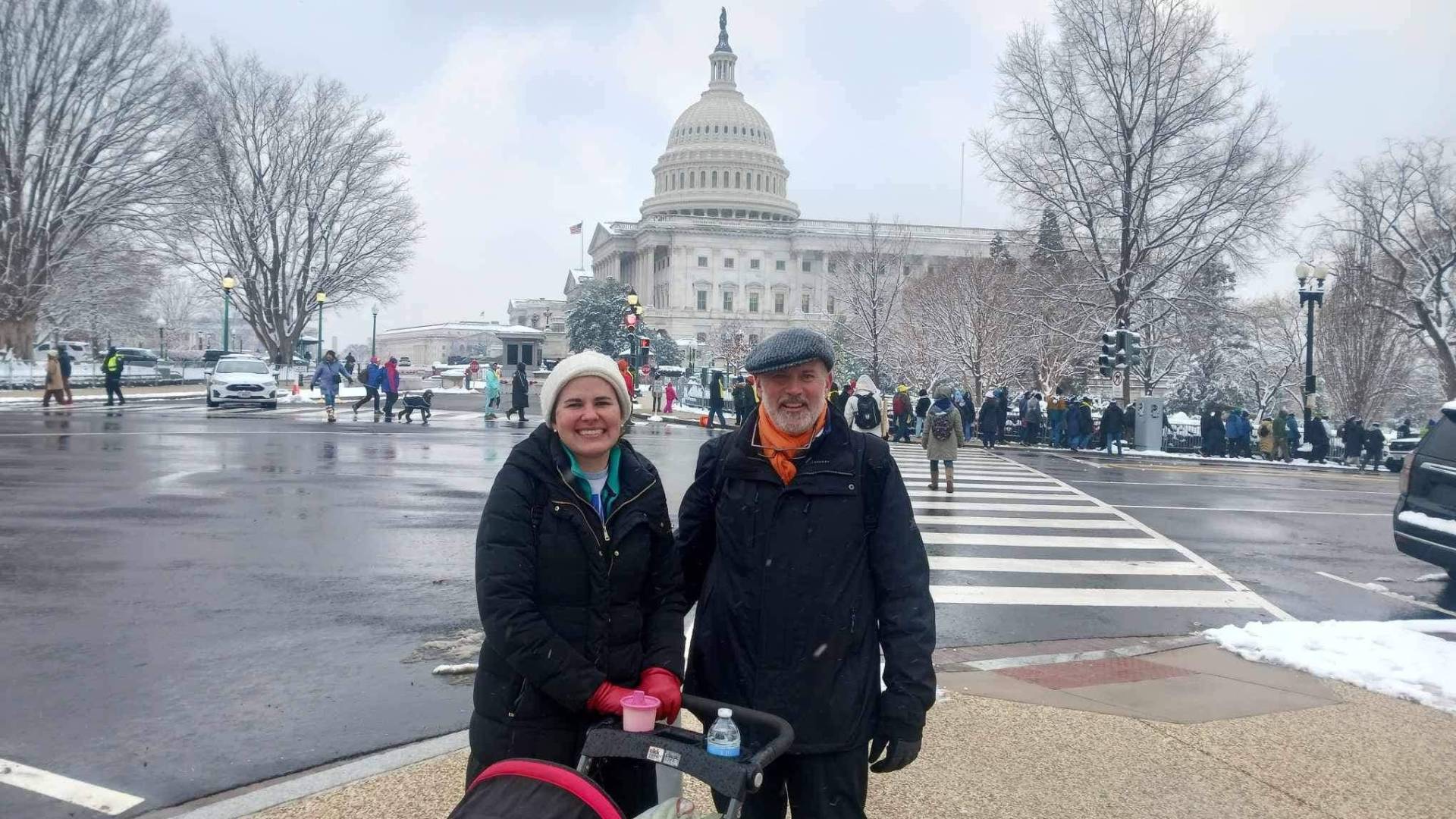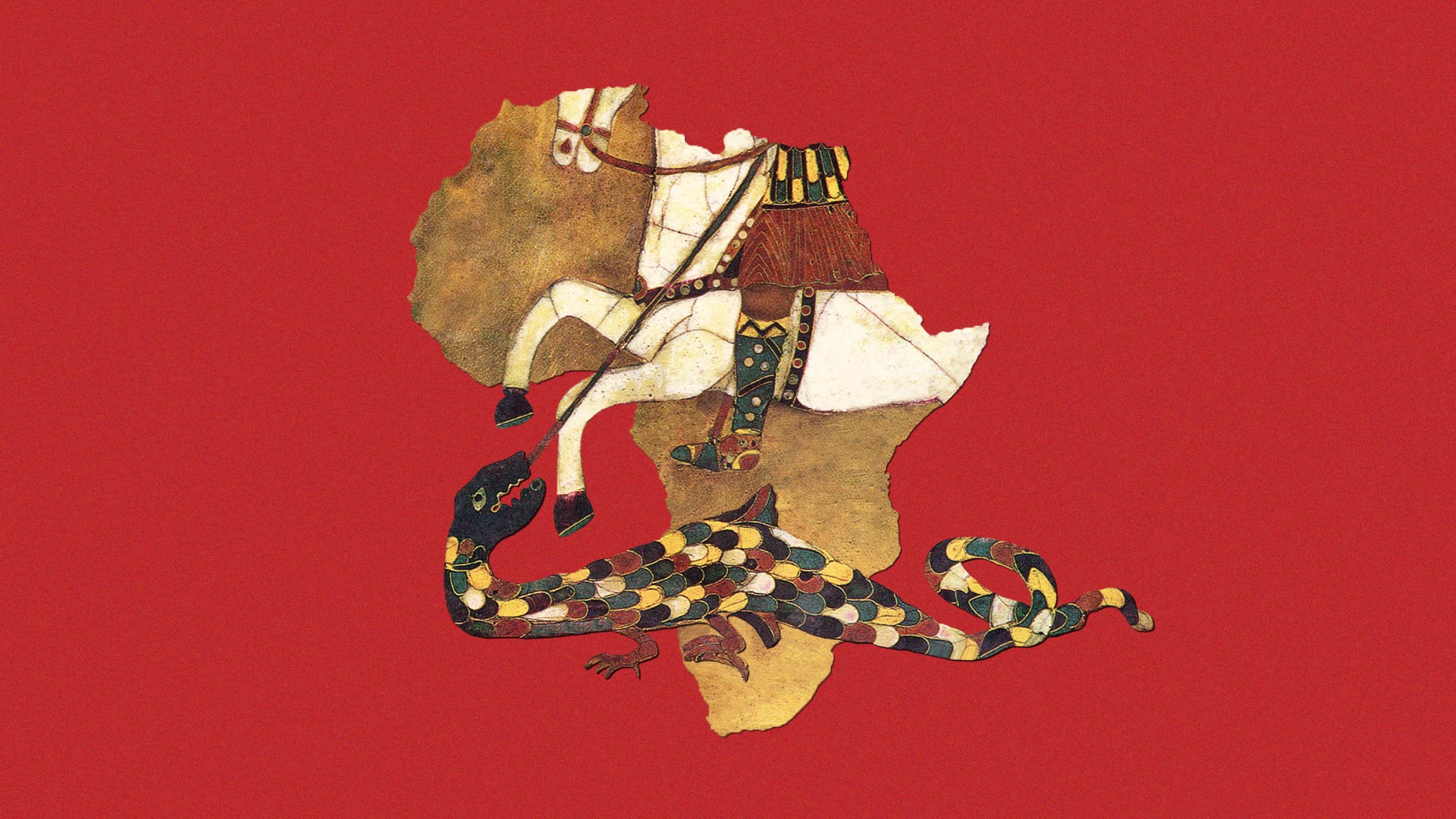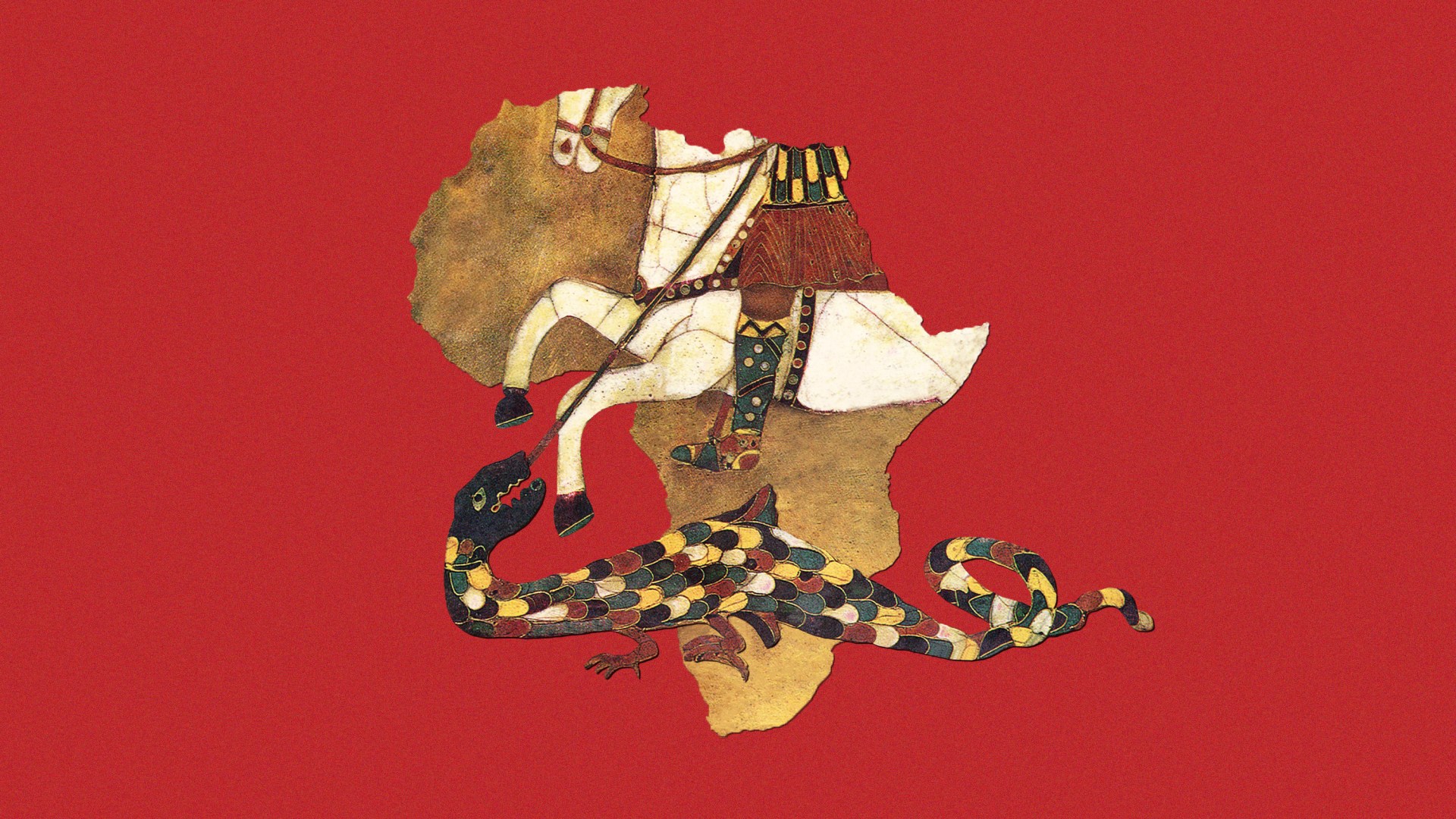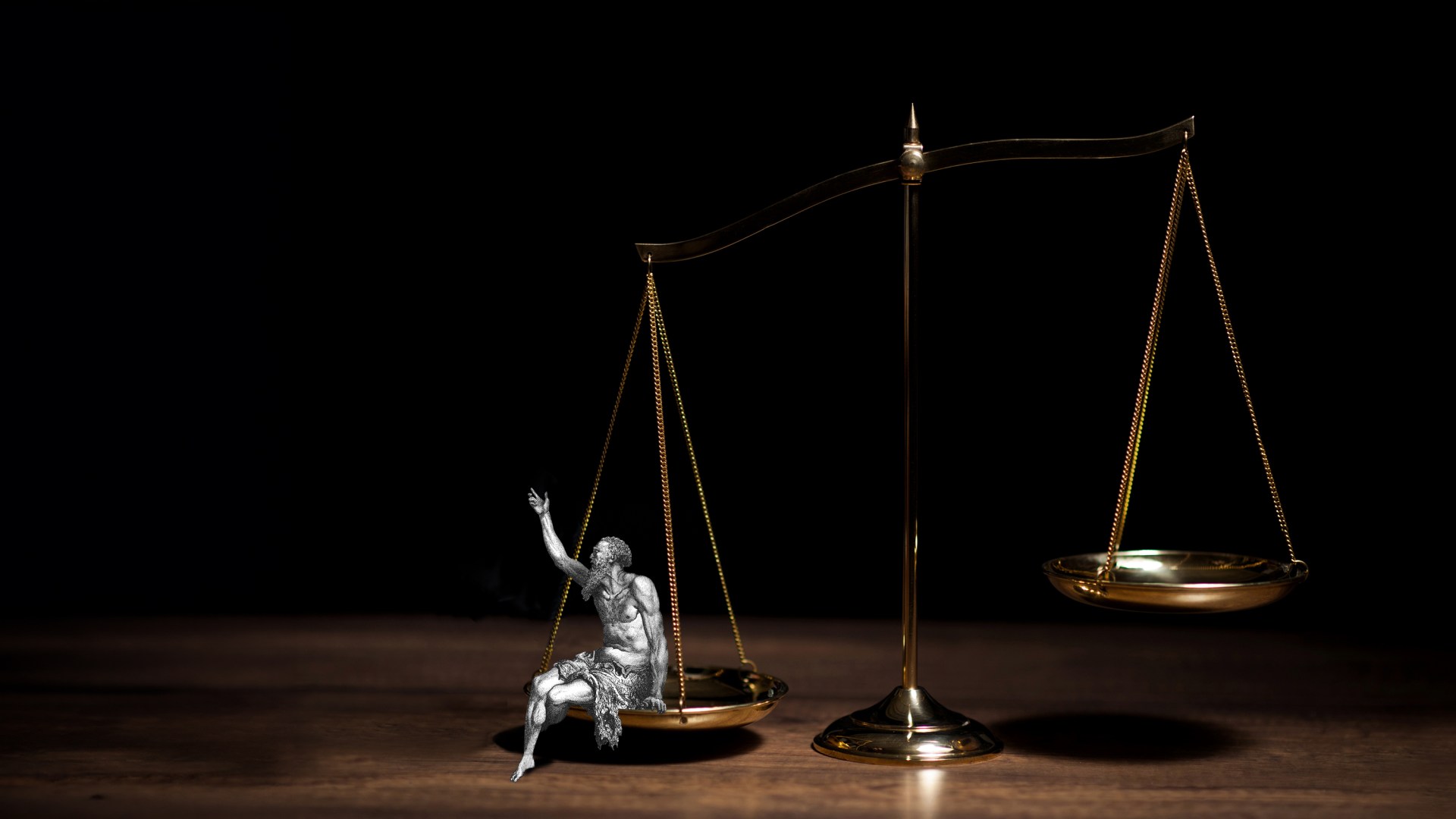I sat by myself at one end of the boardroom, fidgeting with a few notes on the table in front of me. At the other end were about ten older men in suits and ties peering over their tables, arms crossed. It wouldn’t have been difficult for someone just walking in to determine which end of the room held the power.
After my brief opening statement, the rest of our time was set aside for “discussion.” The two-hour meeting felt more like an inquisition. The first questioner hardly let the silence settle after I spoke: “Jim, I went to school with your father. We even went on a mission trip to Mexico together. I’ve known you since you were a kid. What happened to you?”
I’ve replayed this scene in my head a hundred times, varying what I say in an attempt to get my accusers to stand up, shake my hand, and say, “Oh, now we see. That makes sense. Sorry for the trouble.” But every time it ends the same way: I have to give up my position as a tenured professor of philosophy and leave the college I’ve served for 17 years.
My crime? Believing what 99 percent of those who have a PhD in biology or medicine believe: that human beings evolved over time and share common ancestors with every other life form on the planet. But this was a small Christian college, one of the places where evolutionary theory is deemed incompatible with Christian beliefs. And not just incompatible—evolution is considered dangerous. These men believed that hearing anything positive about evolution would make students doubt the Bible. If you can’t believe the creation account in the very first chapter of the Bible, their thinking goes, then why believe any of it?
I do not believe faith is so fragile. I’d already shared with the panel examples of the ways faith and science can not only coexist but actually strengthen each other. But the rhetoric of prominent young-earth creationist groups so unsettled the college leadership that, after questioning me, they changed the official statement of beliefs that faculty have to sign each year.
To be fair, I wasn’t technically fired. I could have stayed if I agreed to the new rules. There are still a few other faculty members there who would admit behind closed doors that they accept evolution. But they can’t teach it as true, like they do photosynthesis or germ theory. They can’t publish scholarly work that defends it. And they certainly can’t have leadership positions in organizations that advocate for evolution—even if that advocacy comes from a Christian viewpoint.
That gatekeeping not only worries but saddens me, because my engagement with science has led me to a deeper, more authentic faith. It troubles me too, because time and again I’ve seen that this kind of hostility toward science leads Christians—especially students asking questions about the faith they inherited—away from Christianity by drawing a line that need not exist.
I do understand why some Christians draw that line, though. I think their logic works something like this: We want to convince people that the Bible can be trusted. When people today pick up a Bible and read a story from Genesis, they might be skeptical that it really could have happened just like the text says. That kind of doubt will eat away at the foundations of scriptural truth and make people doubt other aspects of what the Bible claims. To really counter these doubts, we must show that these stories could have happened just as described. That will convince people that the Bible is telling the truth.
But in practice, I find, it often works the other way around. When we shut down sincere questions about the Bible, we don’t convince people it’s telling the truth. We make them skeptical of our entire faith.
“My church lied to me.” That’s how author Philip Yancey answered on my podcast when I asked whether he was frustrated with how his church conditioned him to think about science. Yancey has written a lot of books critiquing the easy answers given by the Christian community to difficult questions.
He grew up in a fundamentalist church in Atlanta that denied there were ever dinosaurs, and they preached that Black people were cursed and could never be leaders. Yet when Yancey won a summer fellowship at the Centers for Disease Control and Prevention (CDC), he discovered his mentor would be a Black man with a PhD in chemistry. That’s when he realized his church had lied about race. “Lied” is a pretty strong charge, but they were obviously wrong. He went on:
And if they’re wrong about race, maybe they’re wrong about evolution, maybe they’re wrong about the Bible, maybe they’re wrong about Jesus. And it was a huge crisis of faith. And the only way I dealt with it was just to back off from faith for a period of time. It took me—and is taking me—a long period of time to sort out. That’s what I do as a writer, to sort out what is worth keeping and what needs to be shed, because the church doesn’t always get it right. And if you get it wrong on science, if you get it wrong on one of these topics, you are opening the door to people just dispensing with everything that the church taught.
That’s a pretty good description of the way religious organizations push people away when they give scarcely credible answers to sincere questions. There is only a slight difference between answering a question with a far-fetched answer that must certainly be accepted as unquestionably true and not answering the question at all.
Toward the end of my time as a professor, a student came into my office in tears. She had just come from a Bible class where she asked a question about the way our faith tradition typically interpreted some passage. I don’t even remember now which passage, but I do remember the answer she said the professor gave: “You shouldn’t be asking questions like that.”
I wish what that student experienced from a Bible professor and what Yancey experienced from his church were isolated experiences. But I’m afraid they are not, and this habit of putting a swift and definitive end to questions is contributing to the well-documented dechurching of the American people.
One of the big reasons young people walk away from their faith is that their questions are not taken seriously. They have questions specifically about science, but church leaders don’t seem to realize this—or else they give answers that seem bizarre and outlandish compared to mainstream and well-confirmed scientific views.
The result is that people grow up in religious communities with a particular view of science that is so tightly wedded to a particular view of the Bible that it is essentially a package deal. Then, when they get out into the real world (or even just watch a nature documentary) and realize that their view of science is clearly wrong, they throw out the whole package. They dispense “with everything that the church taught,” in the words of Yancey.
Hearing from lots of former students who went down that path made me want to start addressing these topics with my current students, giving them a place to ask questions and showing that science doesn’t have to lead them away from faith. I wanted my students to see that they didn’t have to give up their faith because of science. Proclaiming that message is what led to my departure from the college, but I’m still working to show there is a better way.
Jim Stump is vice president for programs at BioLogos, host of the podcast Language of God, and author of The Sacred Chain: How Understanding Evolution Leads to Deeper Faith.
From the newly released book THE SACRED CHAIN: How Understanding Evolution Leads to Deeper Faith by James Stump. Copyright © 2024 by James Stump. Published by HarperOne, an imprint of HarperCollins Publishers.









